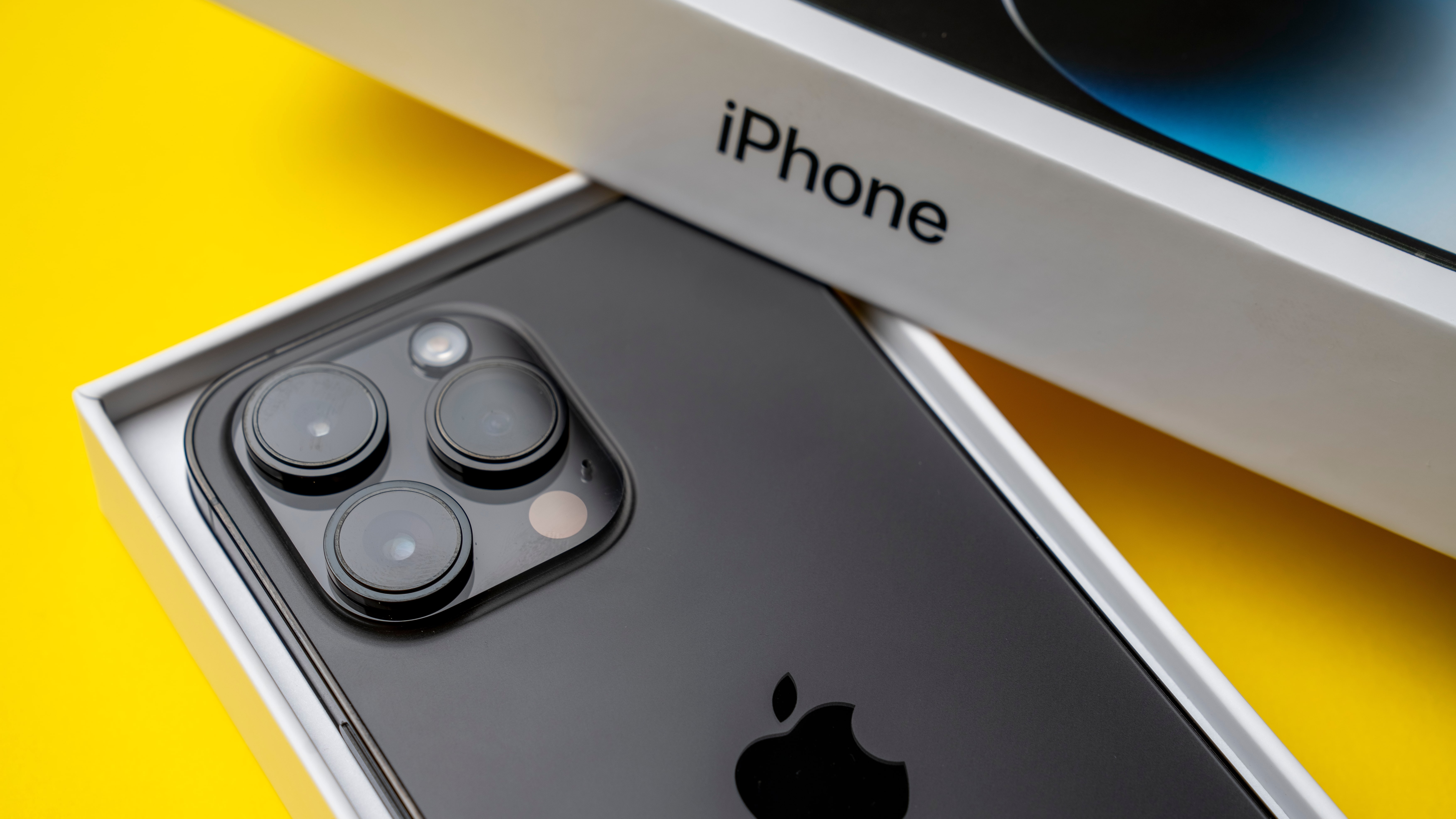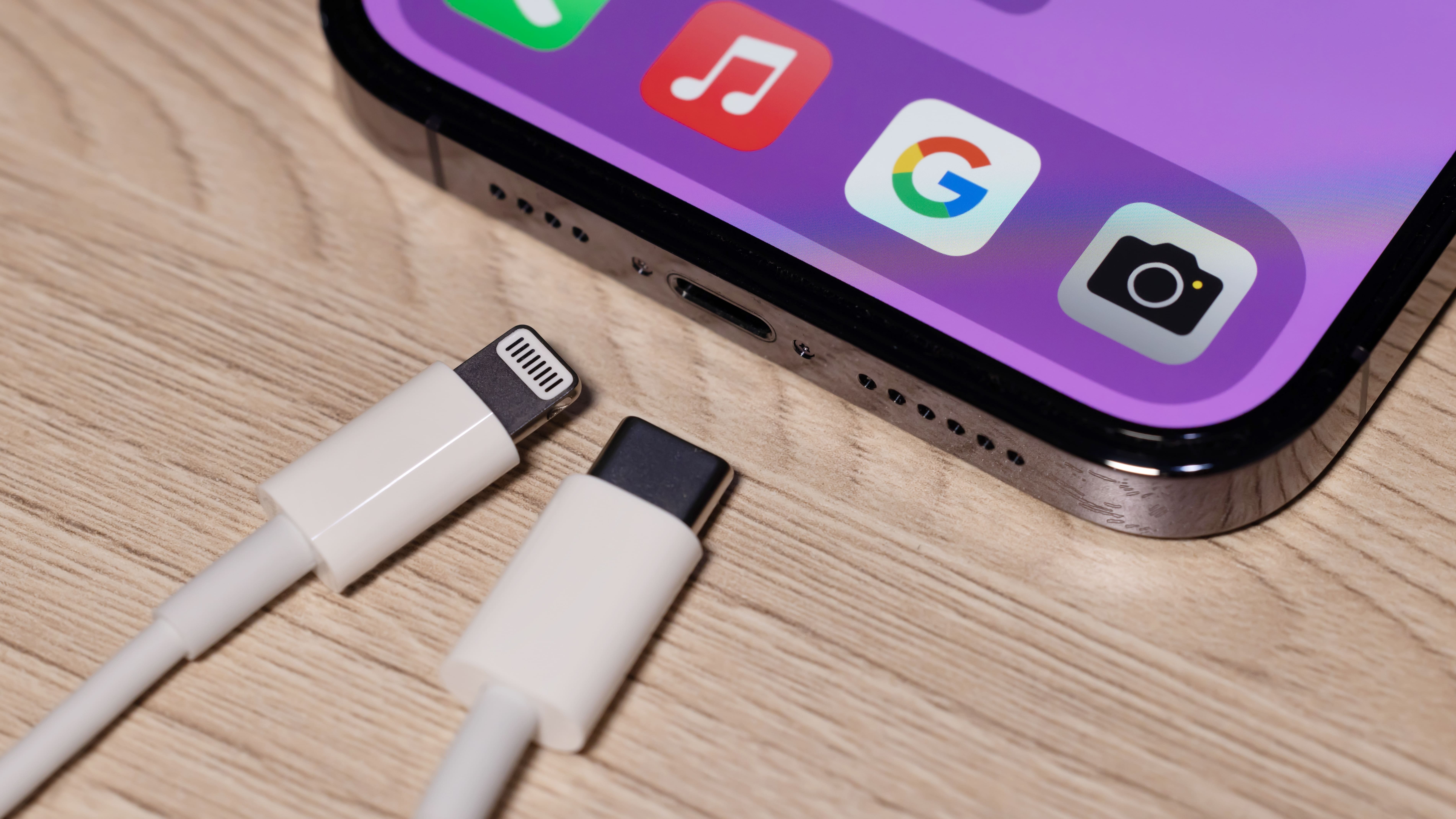
Sign up for breaking news, reviews, opinion, top tech deals, and more.
You are now subscribed
Your newsletter sign-up was successful
The European Union (EU) has voted in favor of a new regulation that would require mobile manufacturers to make phone batteries “easily” replaceable by users, and the controversial proposal could have serious implications for the future of Apple’s iPhones.
According to the new rules, consumers must be able to “easily remove and replace” any “portable batteries” used in mobile devices sold in European territories from 2027 onwards. The EU’s intention is to make batteries “more sustainable, more durable, and better-performing,” in an effort to reduce e-waste.
Sounds good, right? Well, that depends on who you ask. At present, iPhone batteries are notoriously difficult to access and replace, with Apple’s best iPhones demanding hefty repair fees once their batteries begin to degrade. However, many Apple fans fear that the tech giant could be forced to dramatically redesign the iPhone in order to accommodate the EU’s new requirements.
“Being able to swap batteries would be amazing but if it means compromising the design of the iPhone I’d rather just go without,” one Twitter user wrote in response to the news, while another said: “That might be going a bit too far. The EU needs to slow down. I’m on board with USB-C [regulation], but not this one.”
Feel like this might be going down a weird path of too many mandates now.June 20, 2023
Others have voiced their concerns more vociferously. “[The] EU went overboard with this one, it’s ridiculous!” reads one tweet, while another user wrote: “Regulation stifles innovation.”
It’s worth noting that the EU still has a few legal hoops to jump through before its new proposal becomes official law, and, as above, those aforementioned manufacturer requirements wouldn’t come into effect until 2027.
Apple may also attempt to claim that it already abides by these regulations. As 9to5Mac notes, the company will likely argue that its Self Service Repair program allows consumers to “easily” replace their iPhone batteries, though this has the makings of an argument that could play out in the courts for years to come.
Sign up for breaking news, reviews, opinion, top tech deals, and more.
In all likelihood, the EU will need to create clearer guidelines over what constitutes an “easily” replaceable battery. Apple won’t be the only mobile manufacturer affected by the change, either, meaning the entire mobile industry could be in for a shake-up.
A highly charged atmosphere

Apple has been fighting the EU on another front, too. After the latter imposed a law that requires all mobile manufacturers to add USB-C charging ports to new mobile devices sold in Europe from 2024, the tech giant was reportedly planning to implement MFi (‘Made for iPhone’) certification on its range of USB-C accessories.
This had led many to speculate that these Apple-produced chargers would enable faster charging speeds on the iPhone 15 than third-party chargers from other manufacturers, but the EU recently warned Apple against imposing such limitations.
Apple doesn't technically need to abide by that warning until next year, but it wouldn't be a great look for the company to knowingly circumvent legislation that it knows is coming into effect in the near future.

Axel is TechRadar's Phones Editor, reporting on everything from the latest Apple developments to newest AI breakthroughs as part of the site's Mobile Computing vertical. Having previously written for publications including Esquire and FourFourTwo, Axel is well-versed in the applications of technology beyond the desktop, and his coverage extends from general reporting and analysis to in-depth interviews and opinion.
Axel studied for a degree in English Literature at the University of Warwick before joining TechRadar in 2020, where he earned an NCTJ qualification as part of the company’s inaugural digital training scheme.